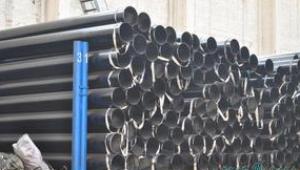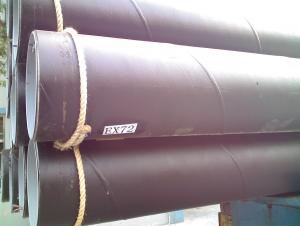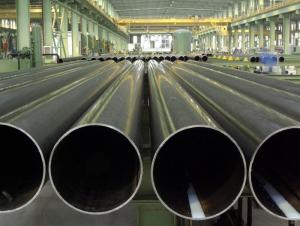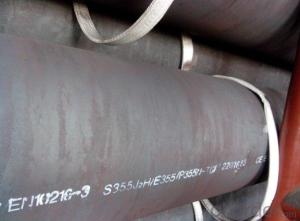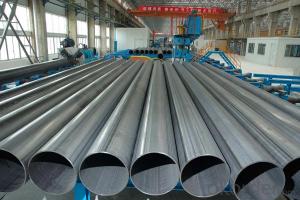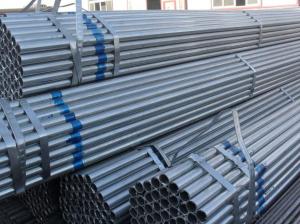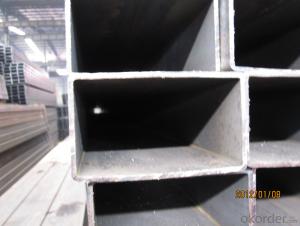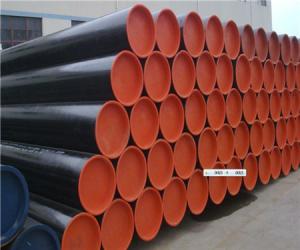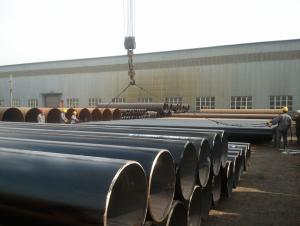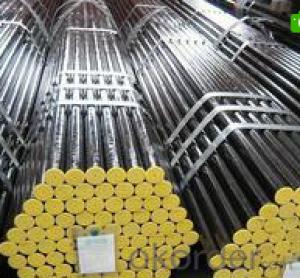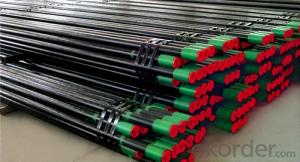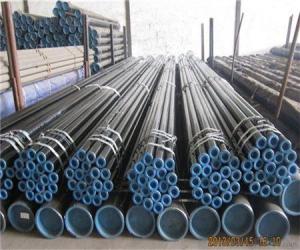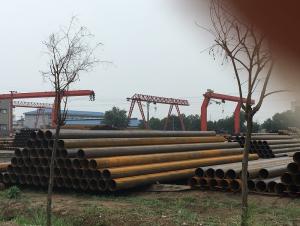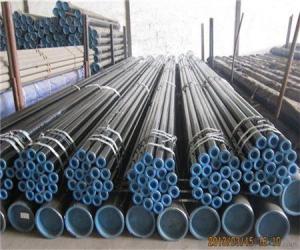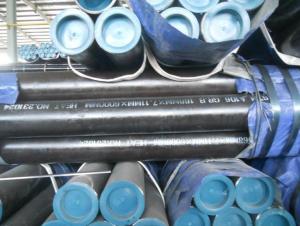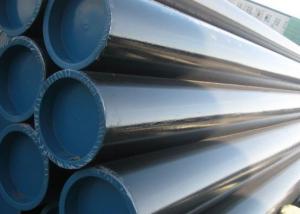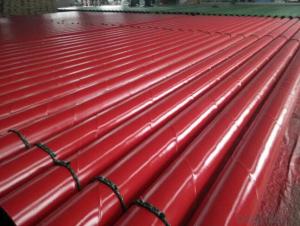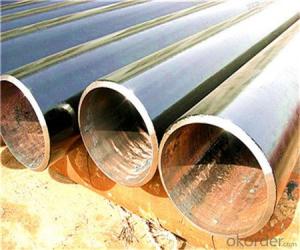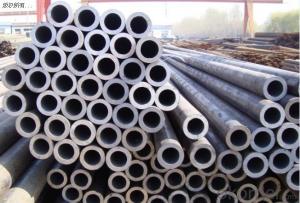All Categories
- - Steel Wire Rod
- - Steel Coils
- - Steel Profiles
- - Steel Pipes
- - Stainless Steel
- - Tinplate
- - Special Steel
- - Steel Sheets
- - Steel Rebars
- - Steel Strips
- - Hot Rolled Steel
- - Cold Rolled Steel
- - Pre-painted Steel
- - Seamless Steel Pipe
- - Welded Steel Pipe
- - Hollow Steel Tubes
- - Galvanized Pipe
- - Stainless Steel Coil
- - Stainless Steel Sheet
- - Stainless Steel Plate
- - Stainless Steel Strips
- - Electrolytic Tinplate Coil
- - Electrolytic Tinplate Sheet
- - Stainless Steel Rebars
- - Solar Panels
- - Solar Water Heater
- - Solar Related Products
- - Solar Inverter
- - Solar Cells
- - Solar Light
- - Solar Energy Systems
- - Solar Controllers
- - Solar Mounting System
- - Solar Pump
- - Solar Chargers
- - Fiberglass Chopped Strand
- - Fiberglass Mesh Cloth
- - Composite Pipes
- - FRP Pultrusion Profiles
- - Fiberglass Mat Tissue
- - Fiberglass Fabrics
- - Fiberglass Mesh
- - Composite Tank
- - Fiberglass Mesh tape
- - Polymer
- - FRP Roofing Panel
- - Fiberglass Roving
- - Monolithic Refractories
- - Ceramic Fiber Products
- - Refractory Bricks
- - Raw Materials For Refractory
- - Suspended Platform
- - Cranes
- - Concrete Machinery
- - Earthmoving Machinery
- - Building Hoist
- - Road Building Machinery
- - Plastic Pipe Fittings
- - Plastic Tubes
- - Plastic Sheets
- - Agricultural Plastic Products
- - Plastic Nets
 All Categories
All Categories
Q & A
What are the considerations when using hollow steel tubes in coastal or marine environments?
When using hollow steel tubes in coastal or marine environments, there are several considerations that need to be taken into account.
Firstly, corrosion is a major concern due to the high levels of saltwater exposure and the presence of corrosive agents such as salt and moisture. Therefore, it is essential to choose steel tubes that have a high resistance to corrosion, such as stainless steel or galvanized steel. Regular inspections and maintenance should also be conducted to detect and address any signs of corrosion early on.
Secondly, the structural integrity of the hollow steel tubes needs to be carefully assessed and designed to withstand the harsh conditions present in coastal or marine environments. This includes considering factors like wave impact, tidal forces, and potential marine growth or fouling on the surface of the tubes, which may affect their stability and performance over time.
Additionally, proper protective coatings or anti-corrosion measures should be applied to the hollow steel tubes to provide an additional barrier against corrosion. This can involve using specialized paints, coatings, or cathodic protection systems to extend the lifespan and durability of the tubes.
Lastly, environmental factors and regulations specific to coastal or marine areas should be considered. This may include compliance with environmental impact assessments, permits, or regulations related to marine life protection, sedimentation, or erosion control.
Overall, the considerations when using hollow steel tubes in coastal or marine environments involve corrosion resistance, structural integrity, protective coatings, and compliance with environmental regulations.
Are hollow steel tubes used in the manufacturing of swimming pool enclosures or covers?
Yes, hollow steel tubes are commonly used in the manufacturing of swimming pool enclosures or covers.
How do hollow steel tubes perform under heavy impact or vibration?
Hollow steel tubes generally perform well under heavy impact or vibration due to their inherent structural strength and rigidity. The empty space within the tube adds to its ability to absorb and distribute impact forces, reducing the risk of deformation or failure. Additionally, the strength of steel resists vibration, allowing the tubes to withstand and dampen vibrations, minimizing any adverse effects on their structural integrity.
Are there any limitations or restrictions on using hollow steel tubes?
Yes, there are certain limitations and restrictions on using hollow steel tubes. Some of the limitations include the maximum load-bearing capacity, which depends on factors such as the thickness and diameter of the tube. Additionally, the length of the tube may also affect its ability to withstand certain loads and stresses. Moreover, the type of steel used and its corrosion resistance can restrict the tube's suitability for certain environments. Other limitations may involve fabrication and welding techniques, as well as considerations for cost and availability. Therefore, it is crucial to thoroughly assess these limitations and restrictions before using hollow steel tubes for specific applications.
Wholesale Hollow Steel Tubes from supplier in Mali
We are a Hollow Steel Tubes supplier serving the Mali, mainly engaged in the sale, quotation, and technical support services of various Hollow Steel Tubes products in the Mali region. We are a subsidiary platform of the Fortune Global 500 company CNBM, able to provide you with one-stop Hollow Steel Tubes procurement services in the Mali. Not only do we have a wide range of Hollow Steel Tubes products, but after years of market development in the Mali, we can also provide valuable experience for your projects.
